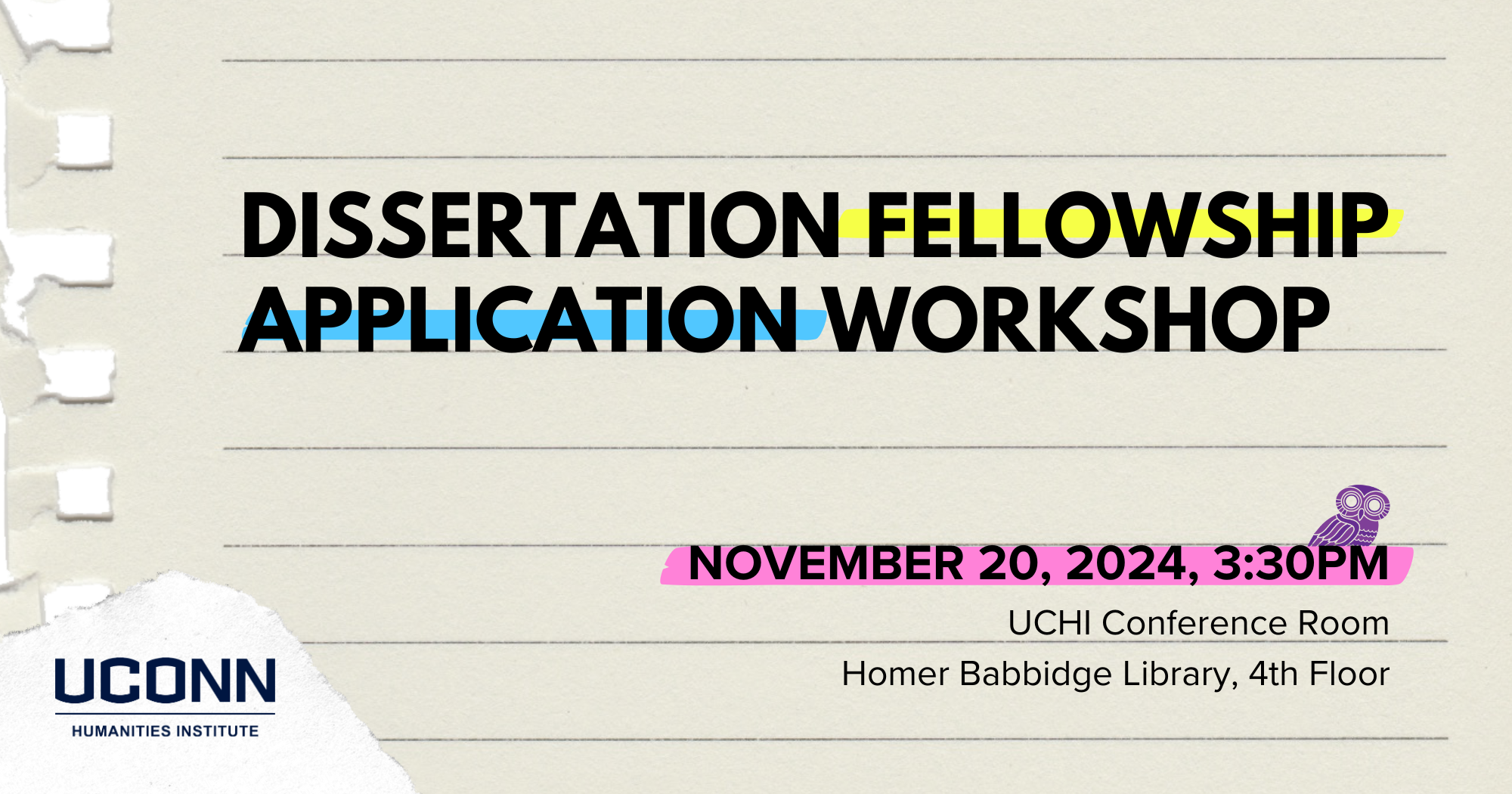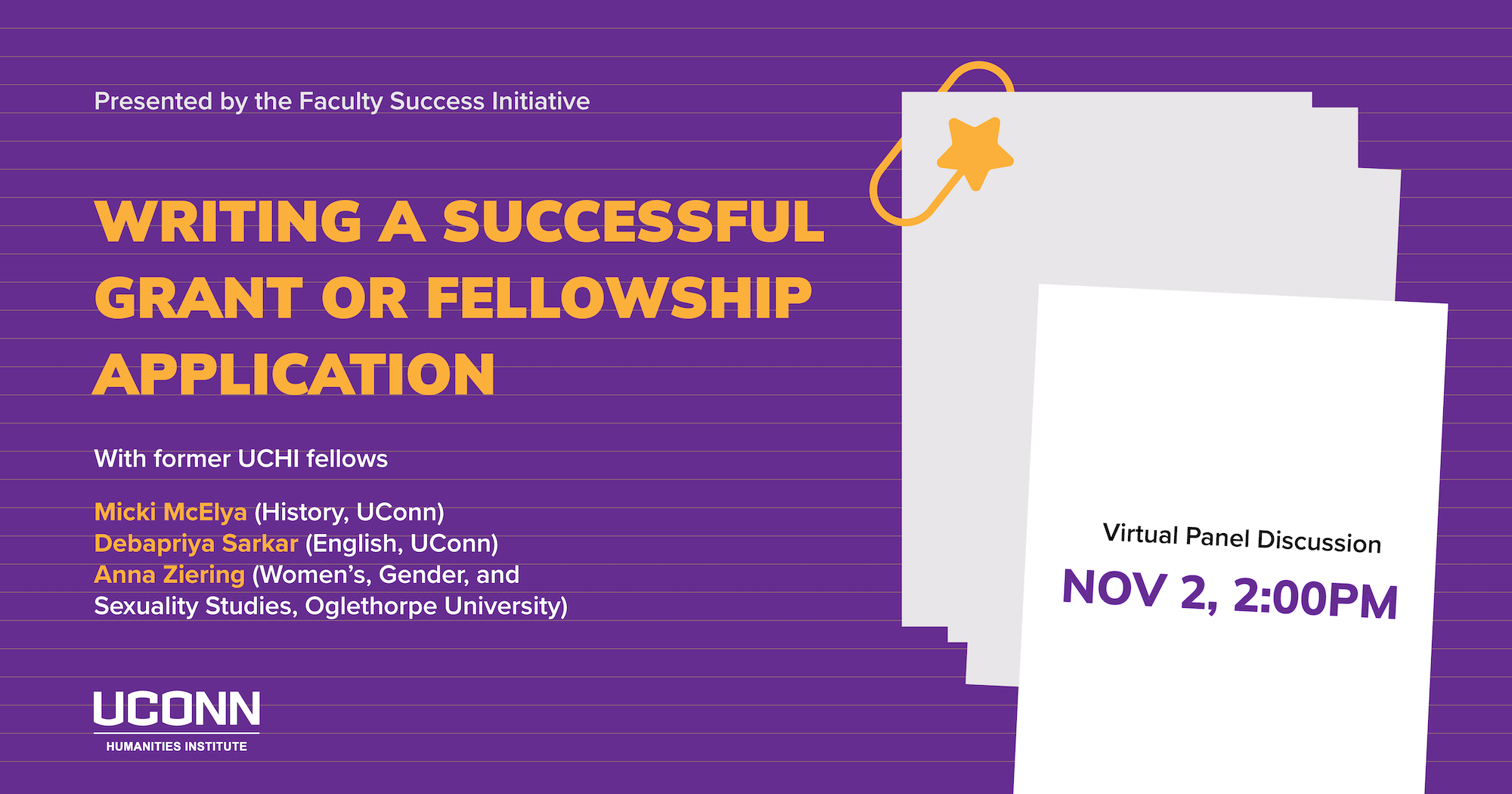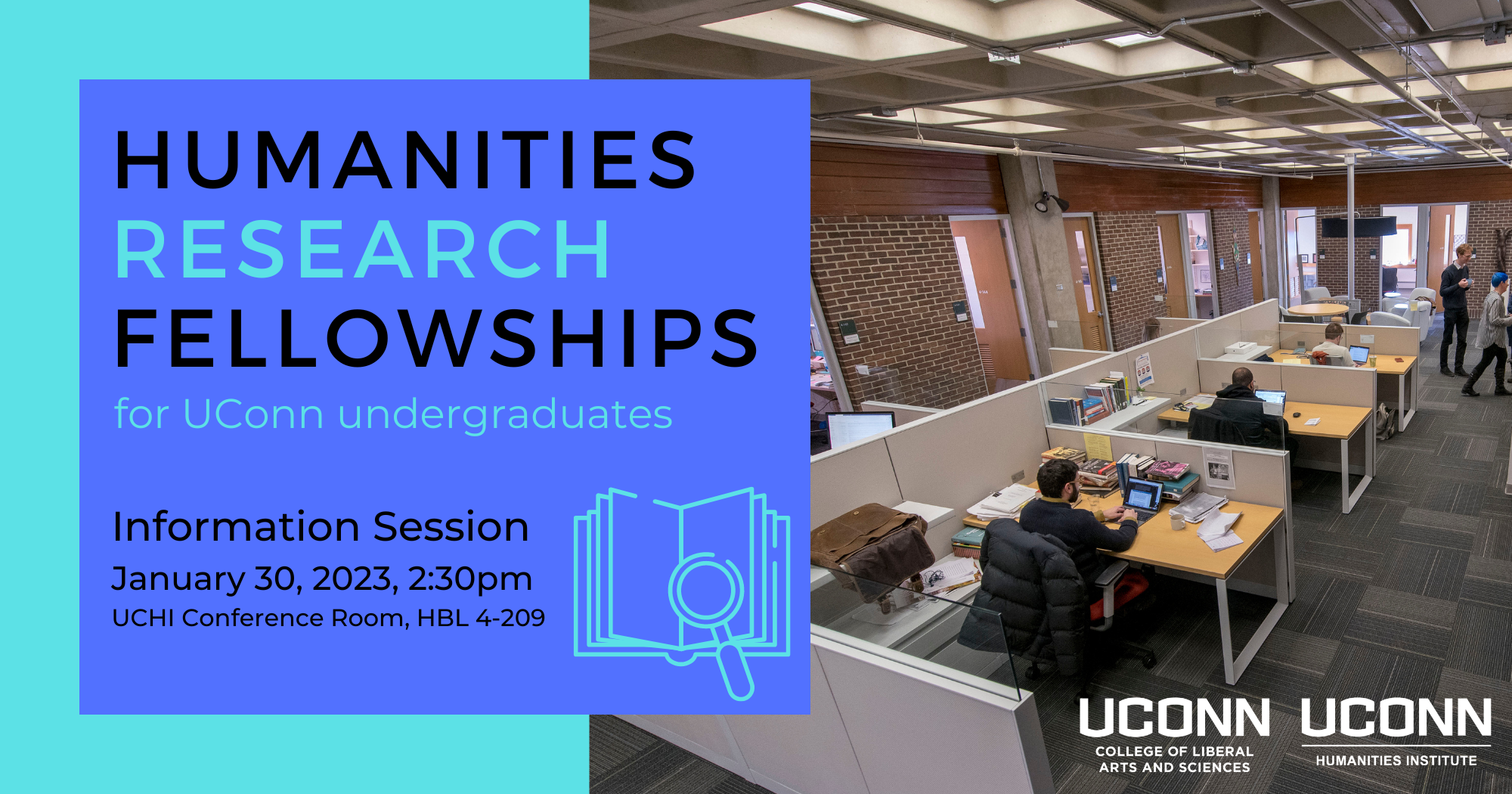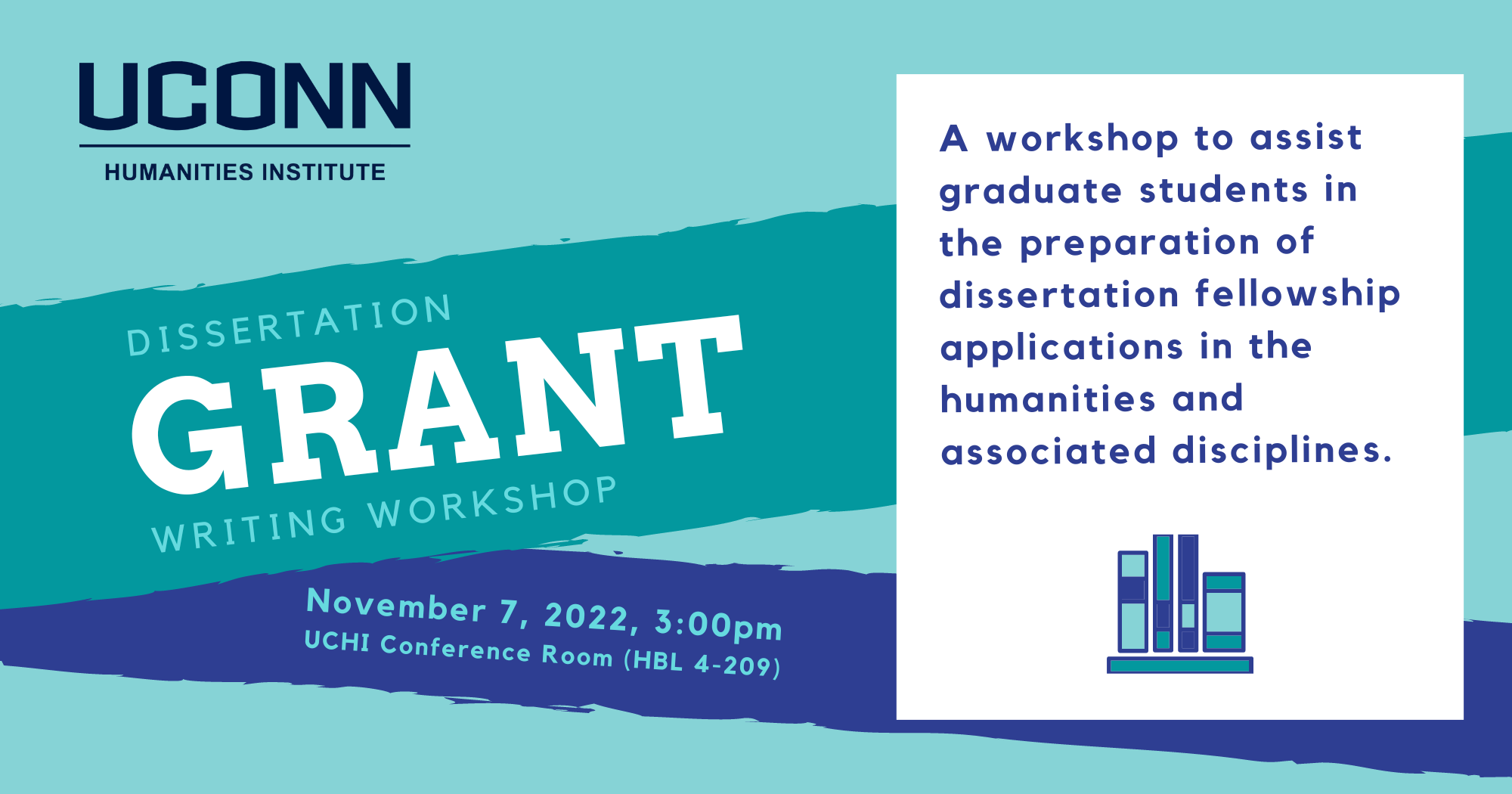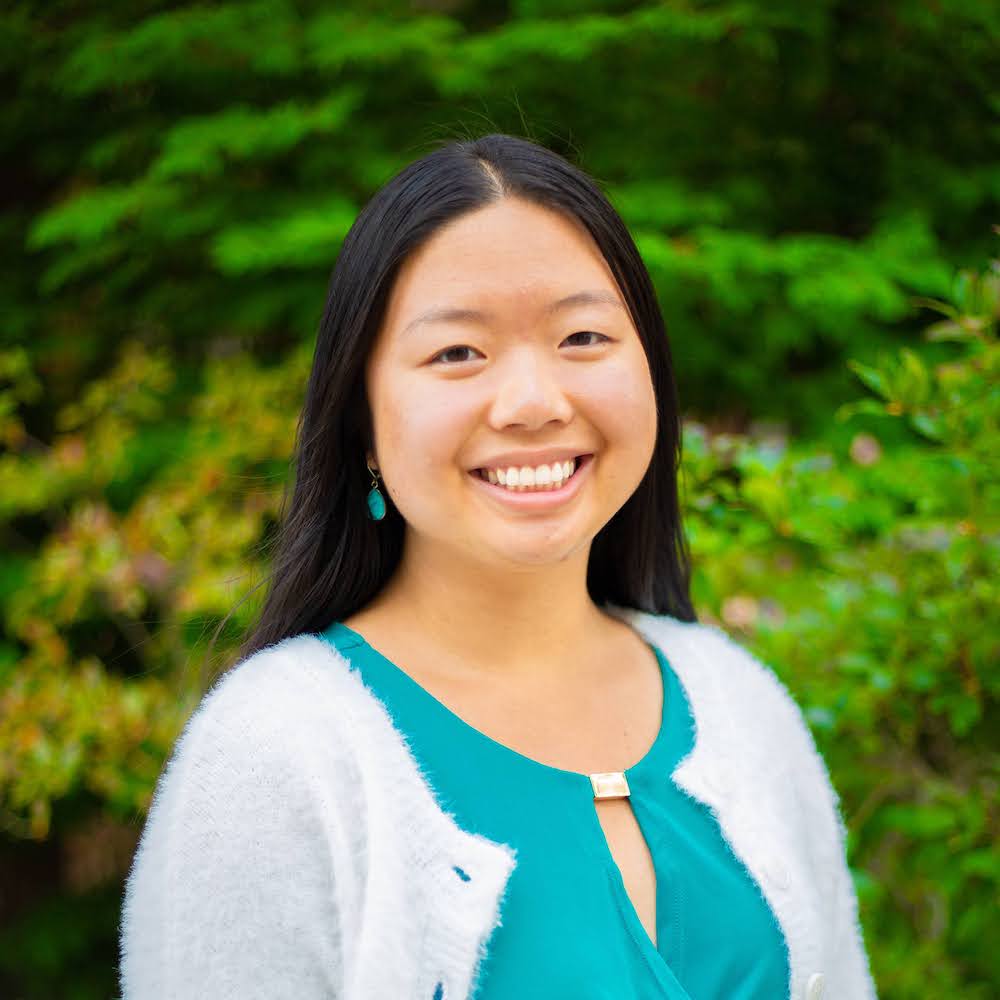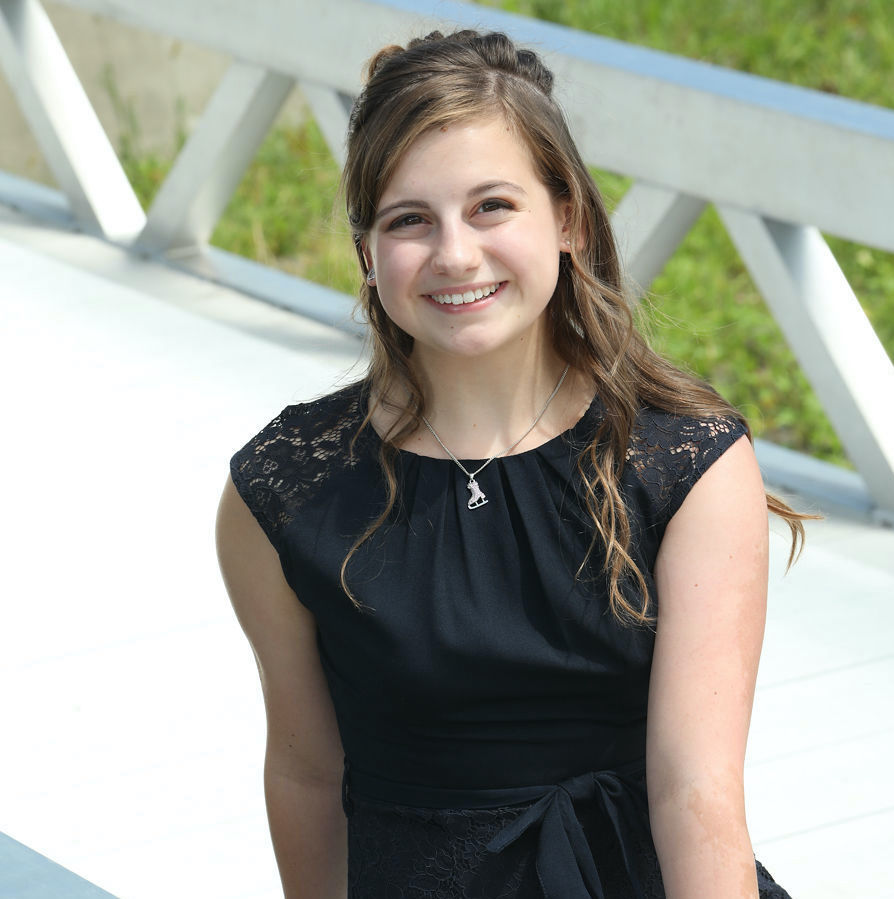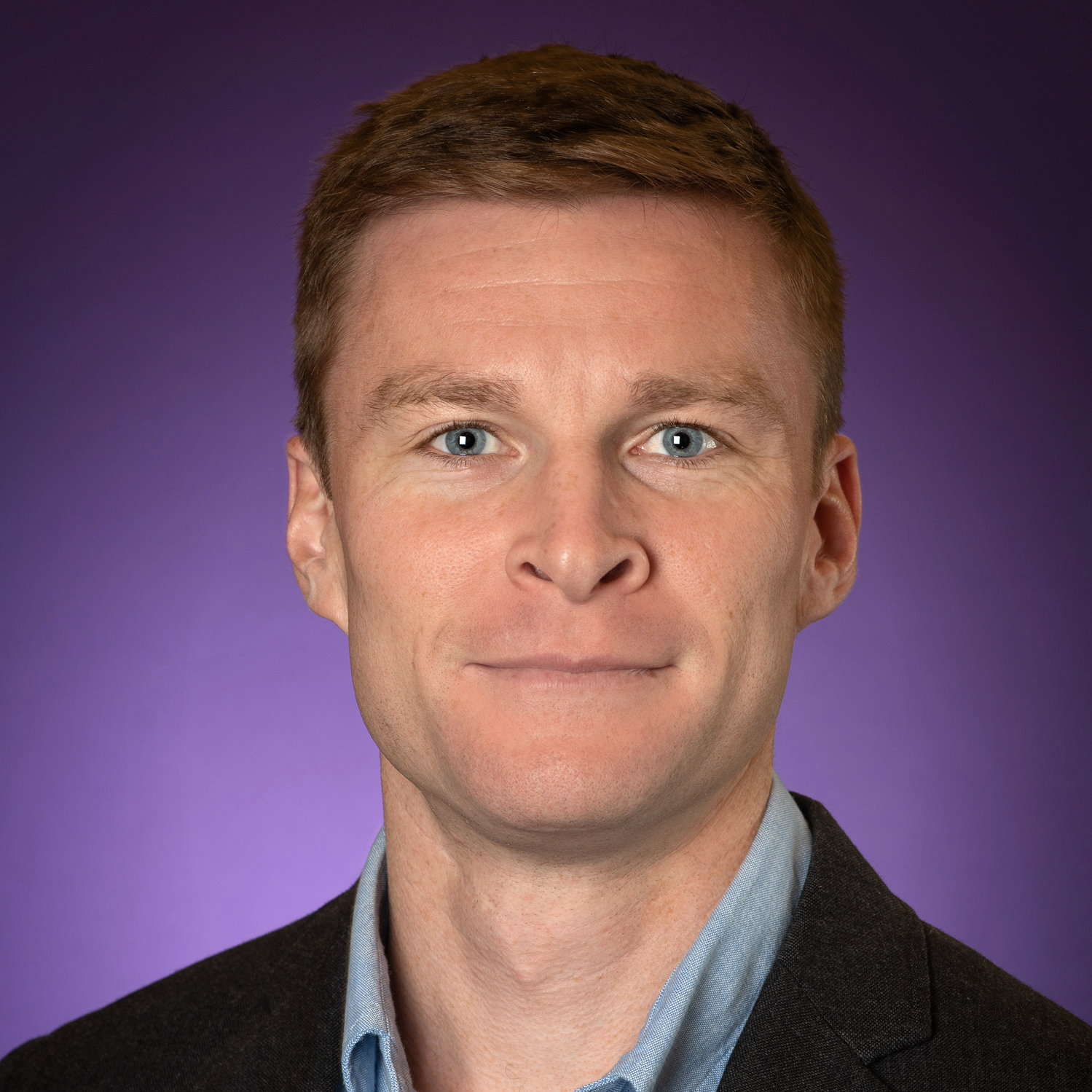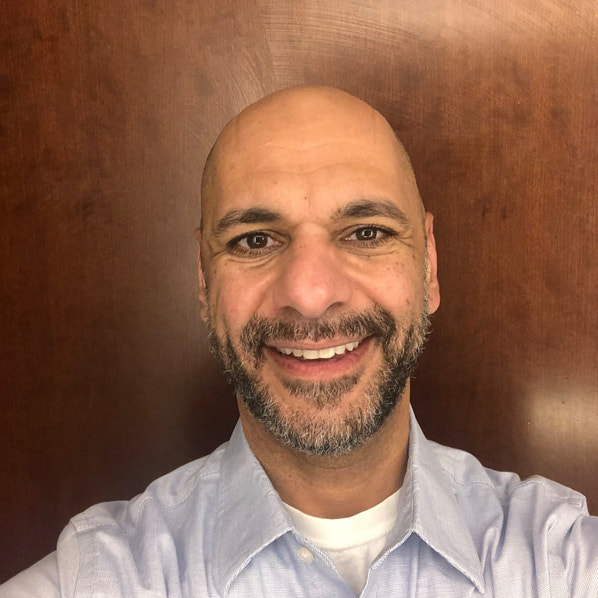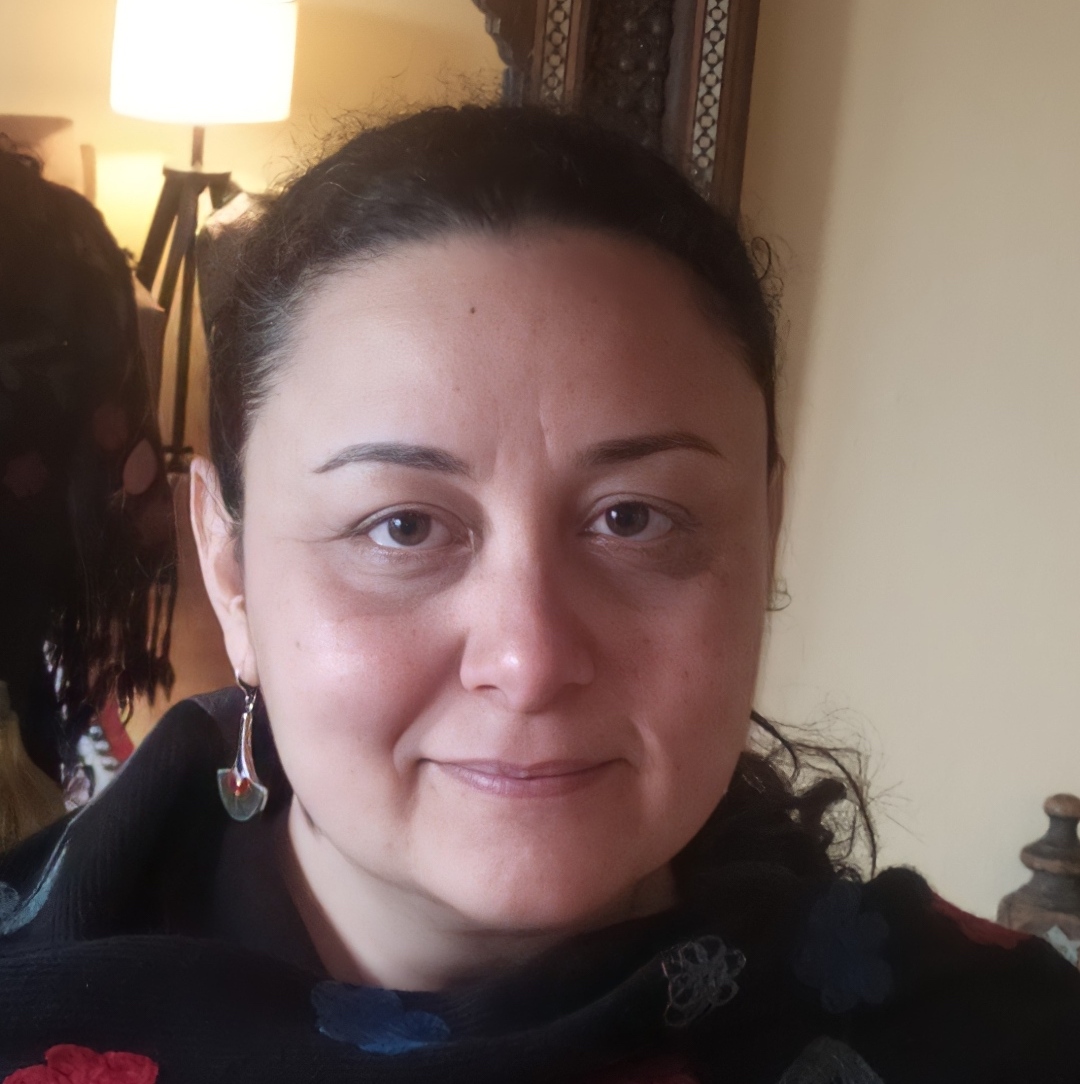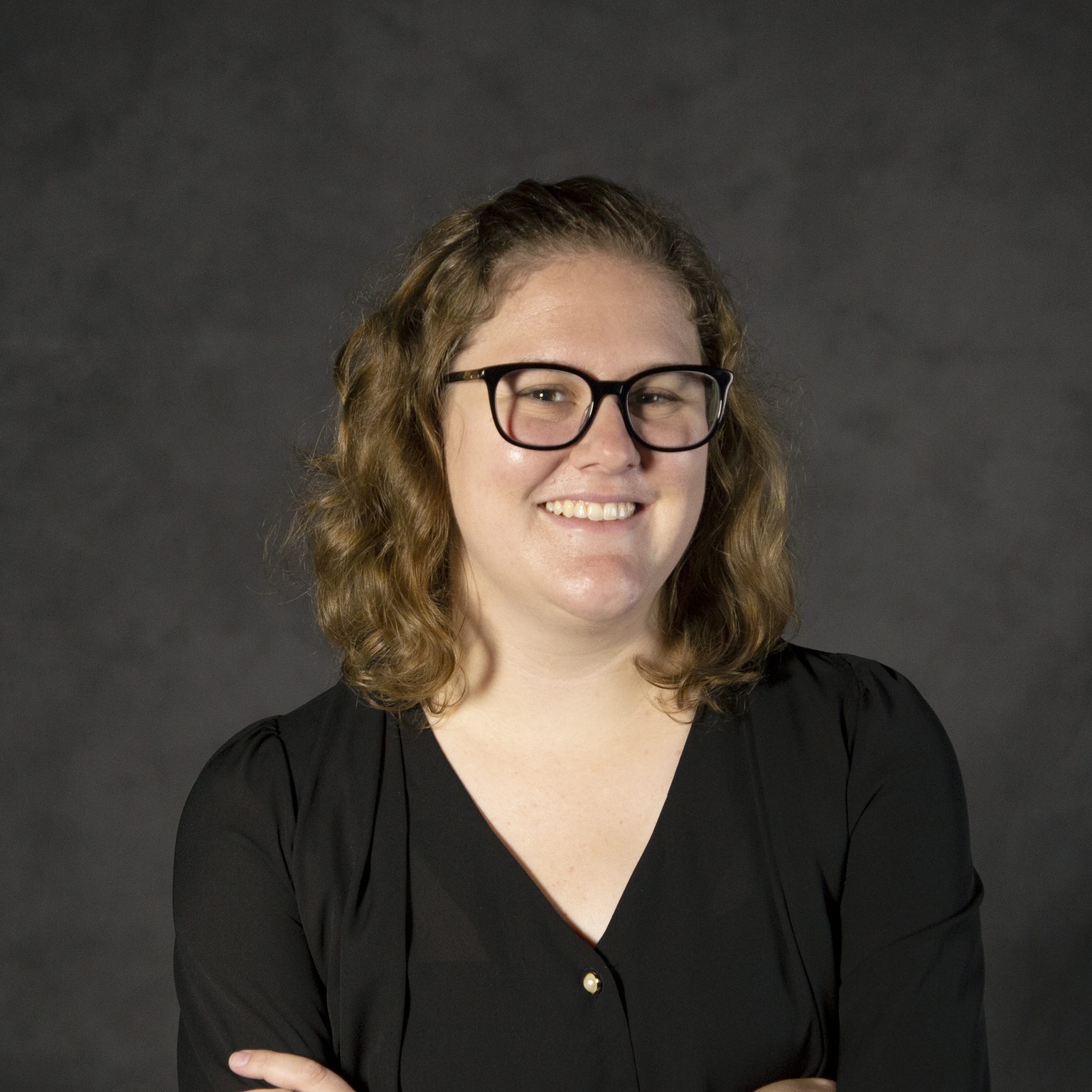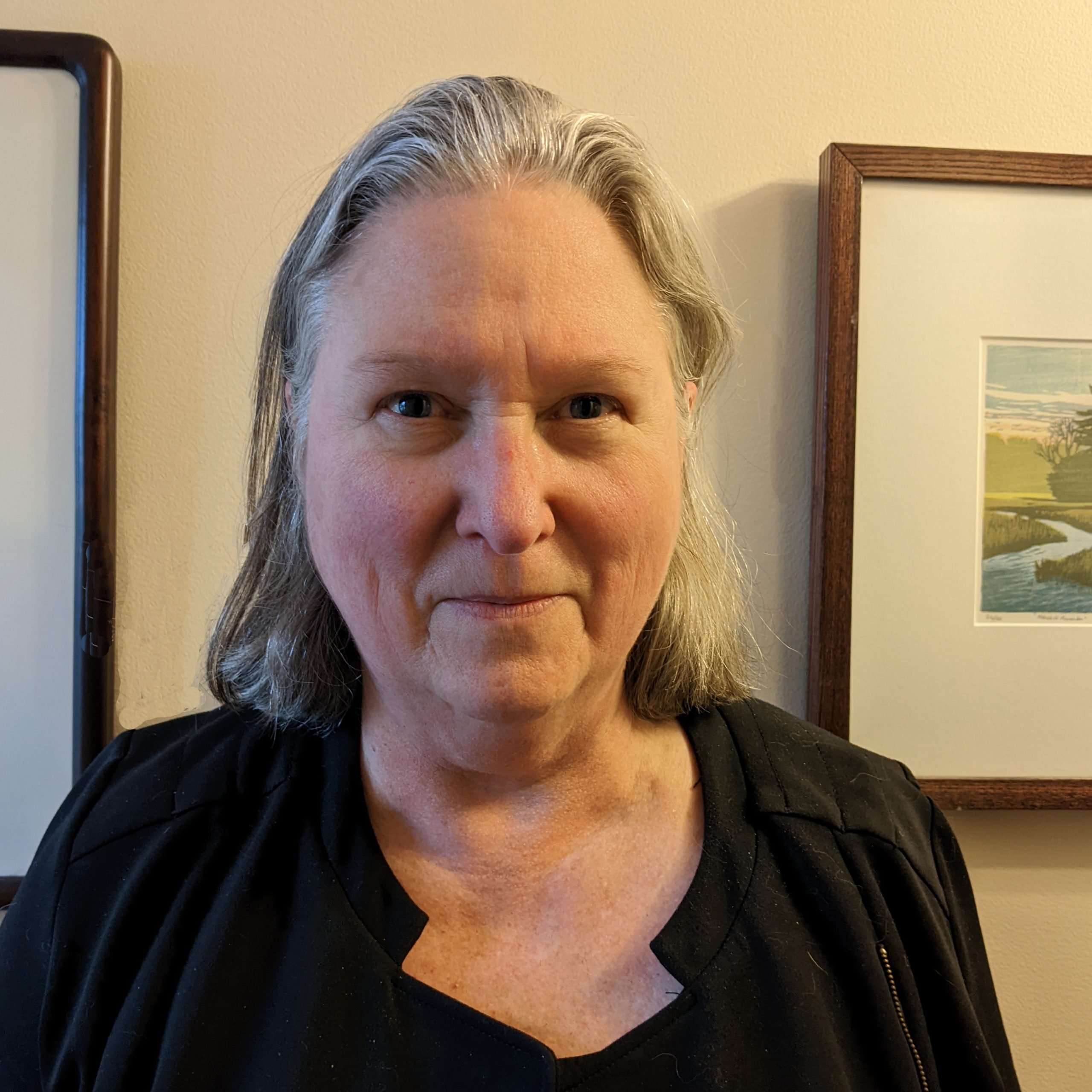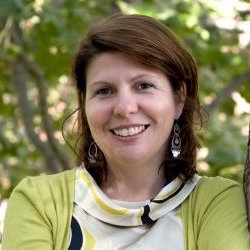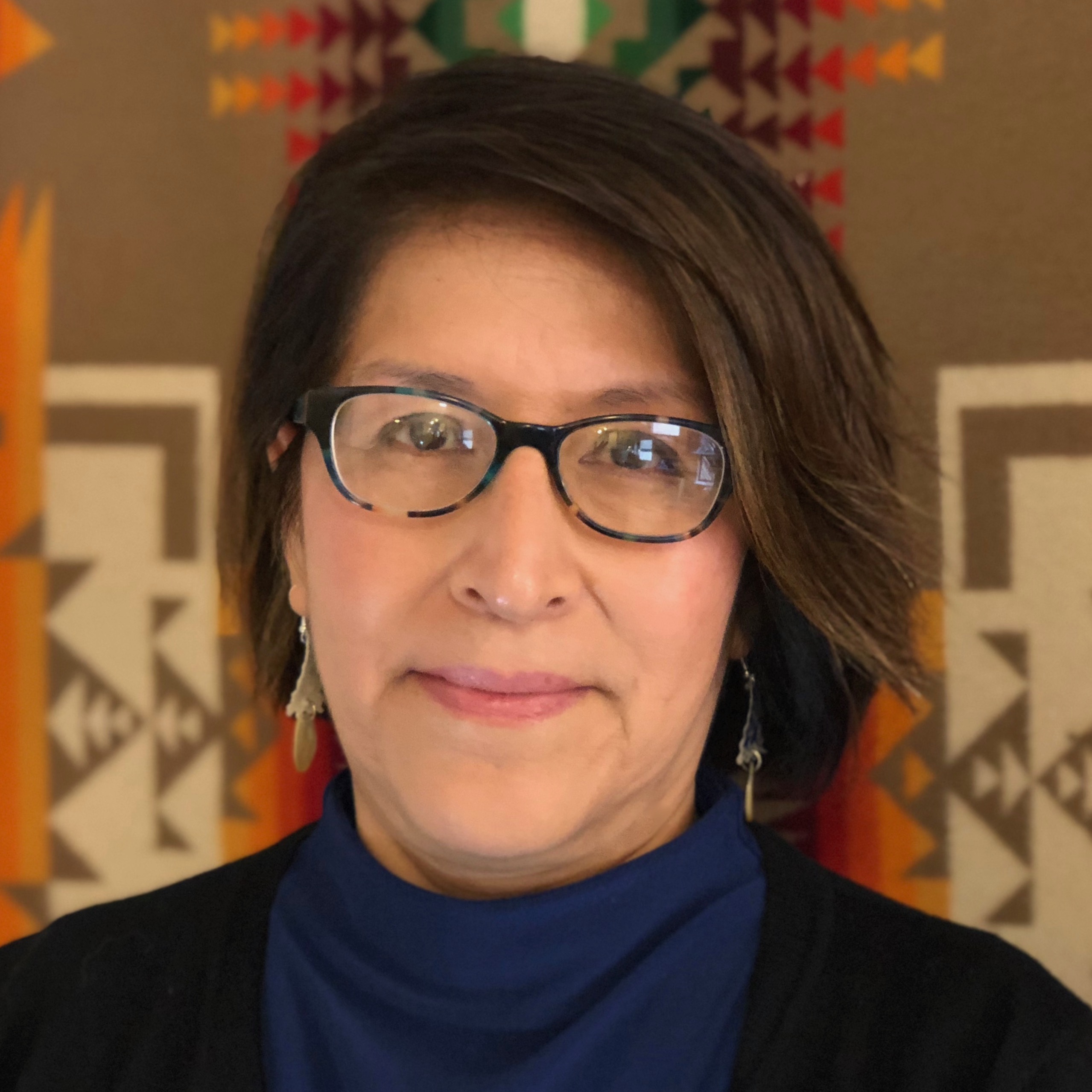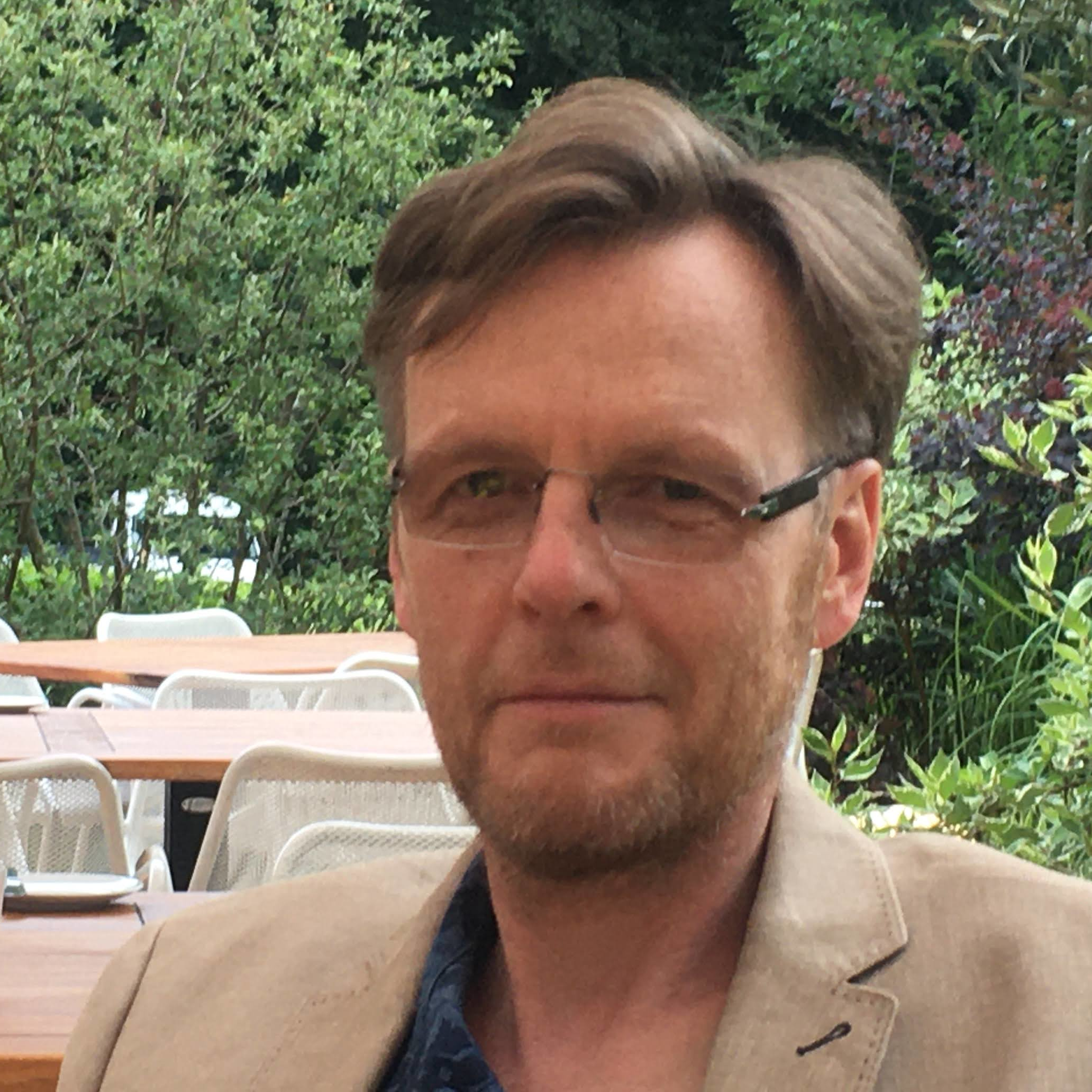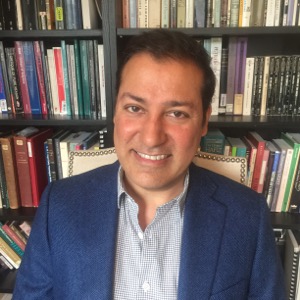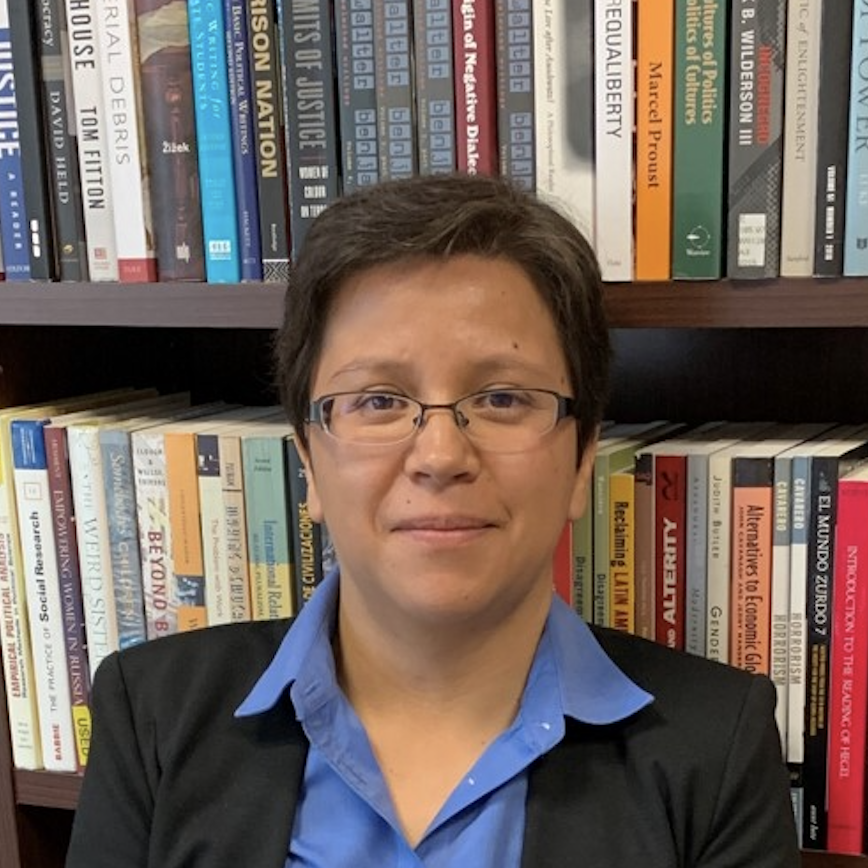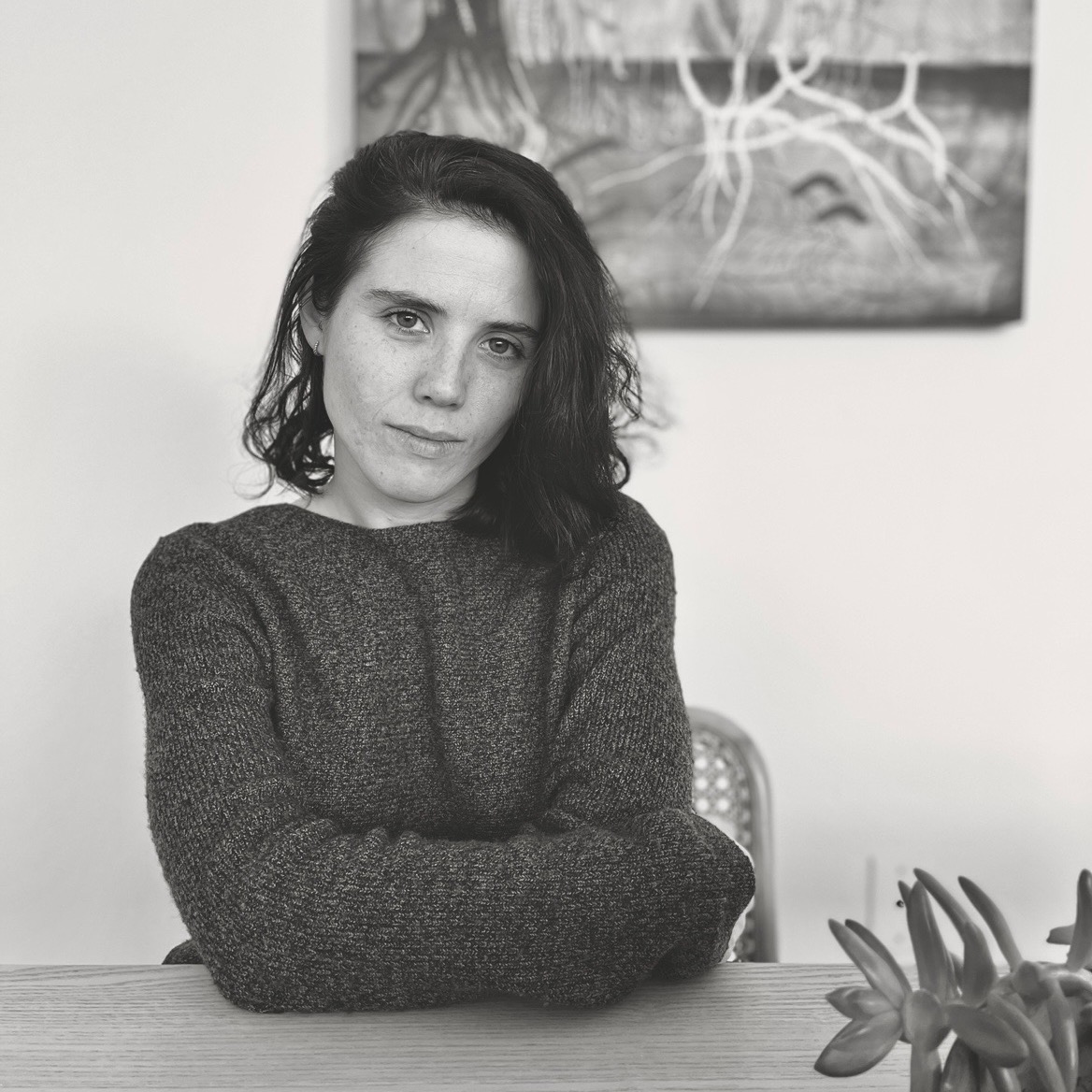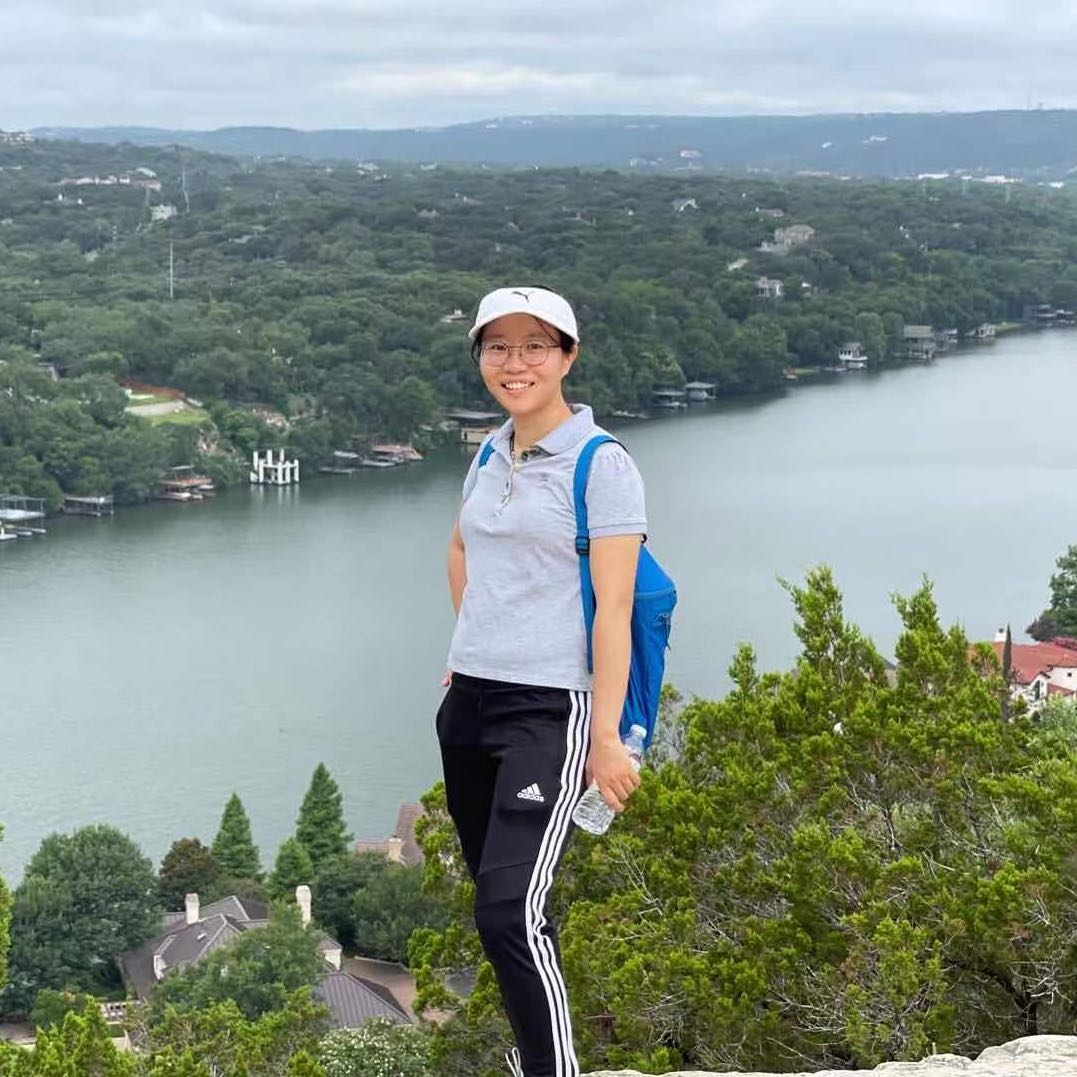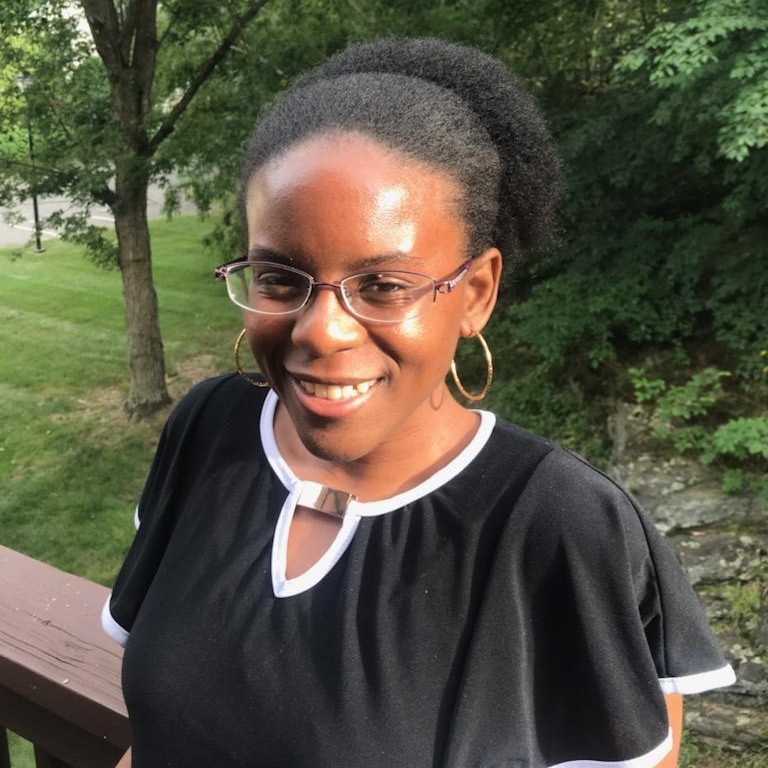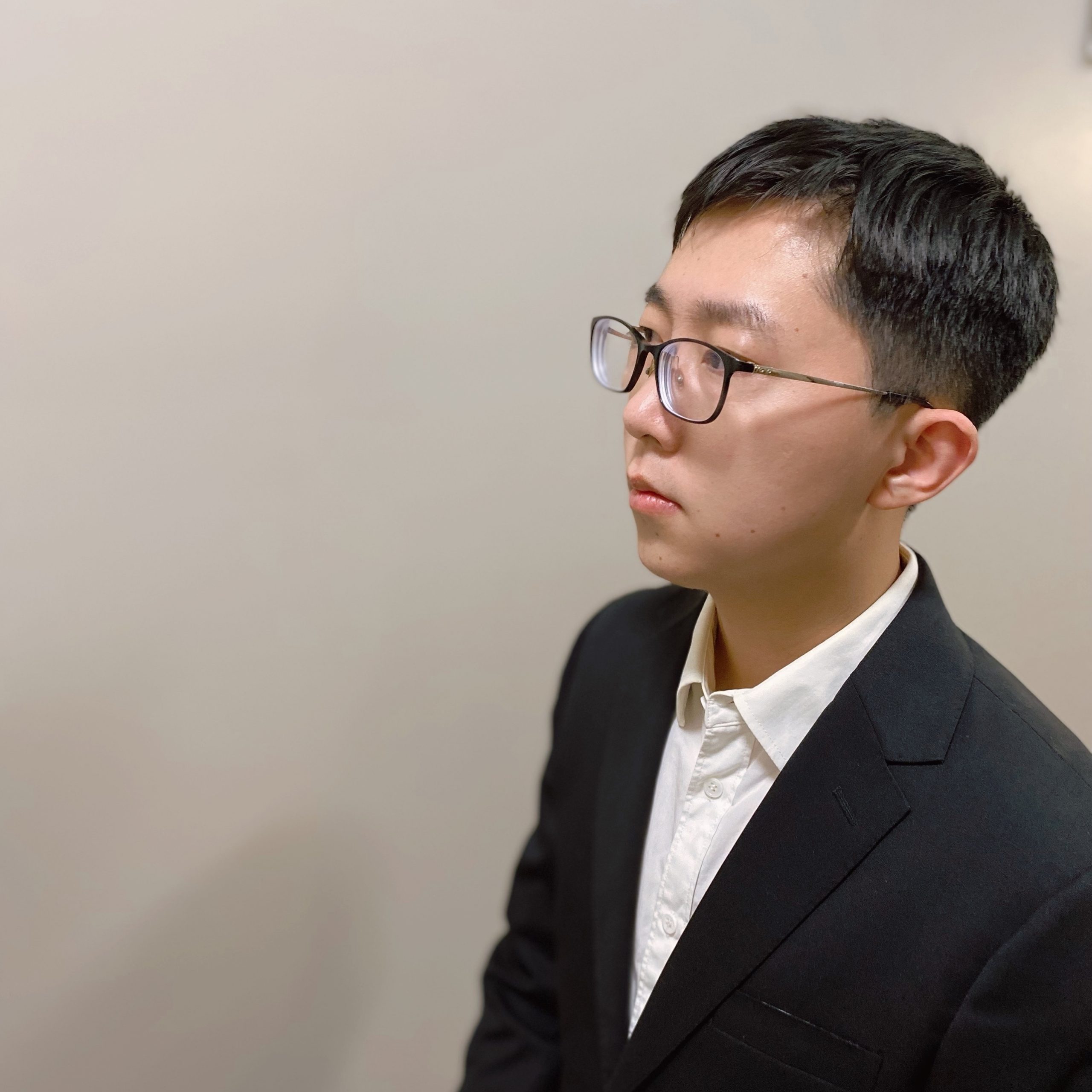The University of Connecticut Humanities Institute (UCHI) is proud to announce its incoming class of humanities fellows. We are excited to host four dissertation scholars (including the Draper Dissertation Fellow and the Richard Brown Dissertation Fellow), four undergraduate fellows, eight faculty fellows (including the Justice, Equity, and Repair Fellow and the Faculty Success Fellow), and one external fellow. We have fellows representing a broad swath of disciplines, including History; English; Sociology; Linguistics; Anthropology; Plant Science; American Studies; Literatures, Cultures, and Languages; Psychology; Human Rights; and Social and Critical Inquiry. Their projects cover time frames from the medieval world to the present day; and engage topics from prison book bans, to disability in film, to environmental justice. For more information on our fellowship program see our Become a Fellow page. Welcome fellows!
Visiting Fellow
Jennifer Cazenave (Romance Studies—French, Boston University)
“Lessons in Seeing: Disability in the Film and Media Archive”
Undergraduate Fellows
Nicholas Borgesi (Linguistics & Psychology, Project advisor: Manuela Wagner)
“Deconstructing ‘Good’ English in Higher Education: Linguistic Racism, Decolonization and a Case for Increased Accessibility”
Josephine Burke (Political Science & Human Rights, Project advisor: Sandy Grande)
“Book Bans in Prison: The Impact of Censorship on Prison Postsecondary Education”
Suleen Kareem (Philosophy & Human Rights, Project advisors: Brendan Kane & Nana Amos)
“Gendered Resistance in Genocide: Women’s Histories of Survival and Activism in the Middle East”
Autumn Scott (History, Project advisor: Robert J. Hasenfratz)
“Trinities in World Mythology: How and Why Geographically Separate Cultures Construct the Same Cosmology”
Dissertation Research Scholars
Ahmed AboHamad (Philosophy)
“Reconceptualizing Virtue and Flourishing Under Structural Oppression”
Catalina Alvarado-Cañuta (Anthropology)
Richard Brown Dissertation Fellow
“Mapuche Art as a Means of Healing Historical Traumas”
Asmita Asaavari (Sociology)
“Who Will Take Care of Me? Aging and Care in Northeast Connecticut”
Ashmita Mukherjee (Literatures, Cultures, and Languages)
Draper Dissertation Fellow
“Textual Pleasures: Literature of Amusement in Post/colonial India (1850–1950)”
UConn Faculty Fellows
April Anson (English & Social and Critical Inquiry)
JER Fellow
“Unfenceable: American Ecofascism, Literary Genre, and Native American Environmental Justice”
Peter Constantine (Literatures, Cultures, and Languages)
“Indigenous Language Reclamation: Reviving Extinct Languages”
Najnin Islam (English)
“Recasting the Coolie: Racial Capitalism, Caste, and Indian Indentureship in the Caribbean”
Julia Smachylo (Landscape Architecture & Plant Science)
“Silvic Stewardship: Incentivizing Environmental Care in the Northeast”
Fiona Somerset (Social and Critical Inquiry & Literatures, Cultures, and Languages)
“Silence is Consent: The Idea of Complicity in the Middle Ages”
Kathleen Tonry (English)
Faculty Success Fellow
“Time, Work, and Texts in Late-Medieval England”
Harry van der Hulst (Linguistics & Literatures, Cultures, and Languages)
“Why Sign Languages Are Real Languages”
Christopher Vials (English & American Studies)
“Authoritarian Agency: The Far Right in US Culture”
